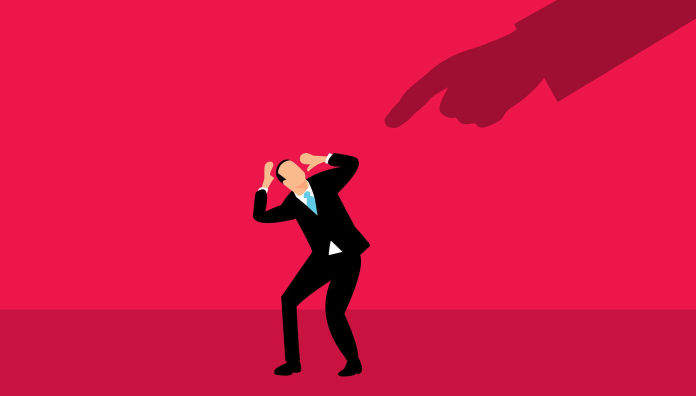Blog
Read my recent blog posts here...

Fear
Rika Swanzen
On the 13th of January 2007 I had the unique experience of attending a funeral for a biker. I have really never seen such support from a community...

Perservarance
Rika Swanzen
I read a quote the other day that said 'When you do the common things in life in an uncommon way, you command the attention of the world!

Knowledge
Rika Swanzen
Georg Christoph Lichtenberg (1742-1799) said that everyone is a genius at least once a year and that the real geniuses simply have their bright ideas closer together.